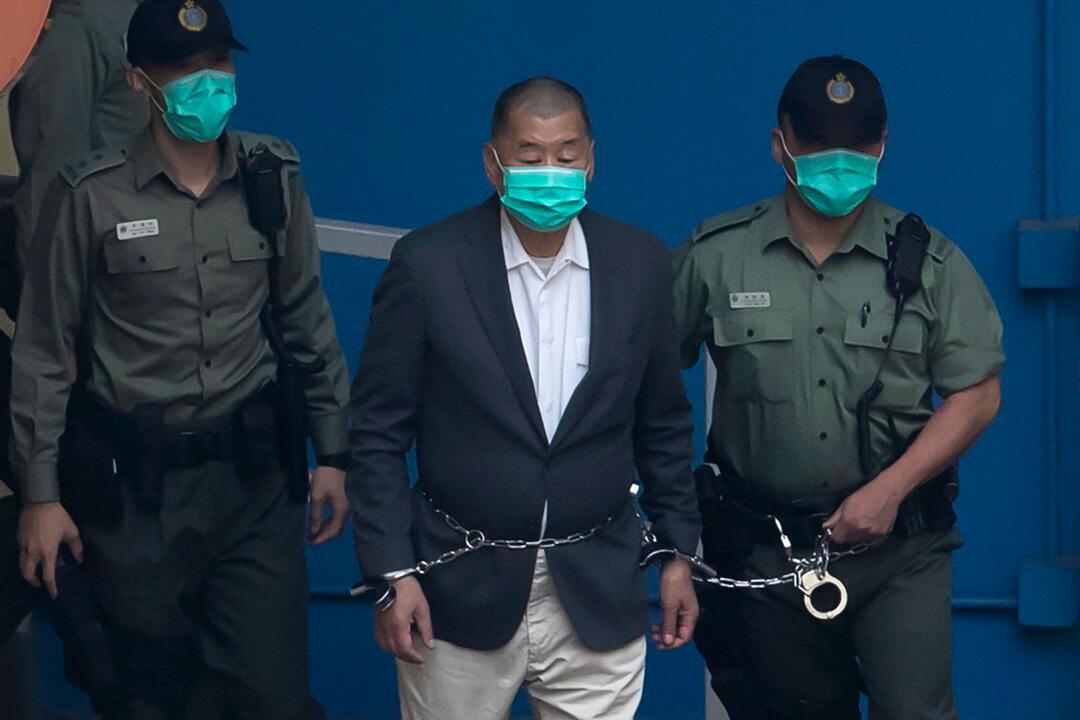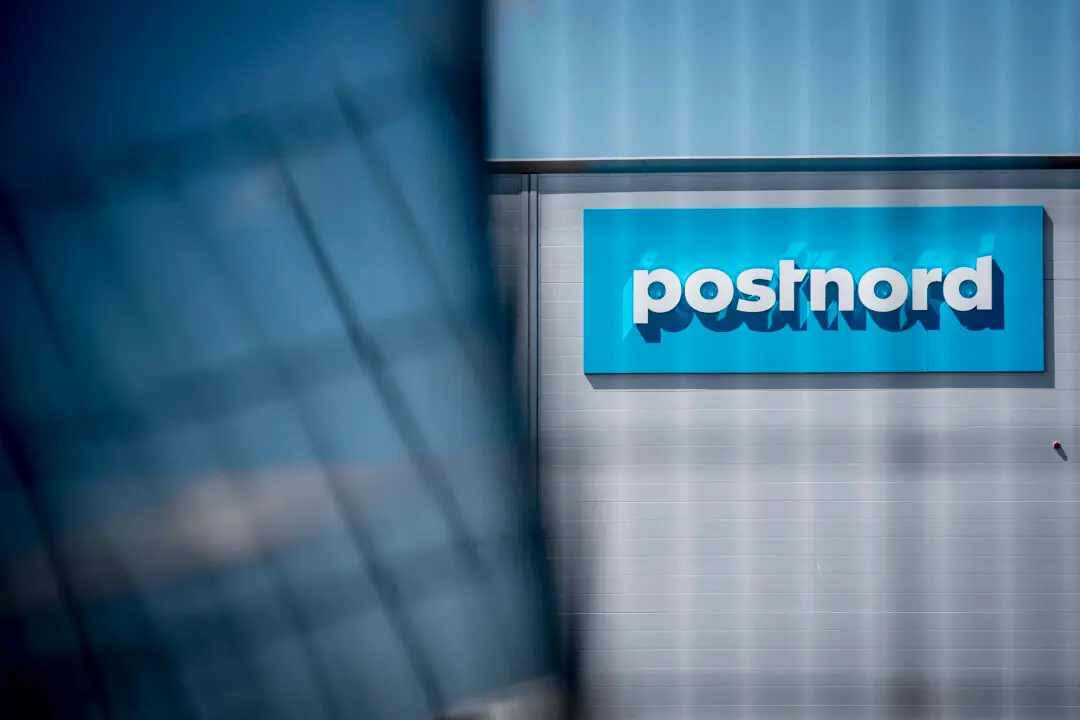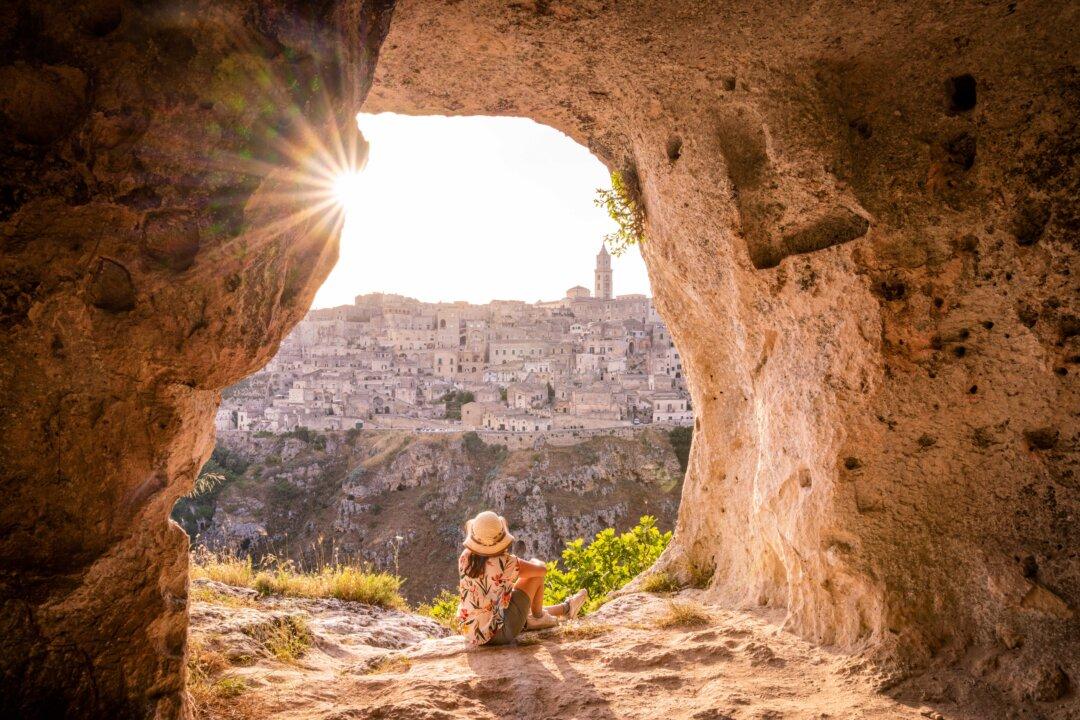Commentary
More than 23 hours a day in a Chinese prison cell. Virtually no access to sunlight or medical care or exercise. Those are the conditions 76-year-old Jimmy Lai has endured day after day, year after year, since he was arrested under China’s national security law nearly four years ago, according to his international legal team.





